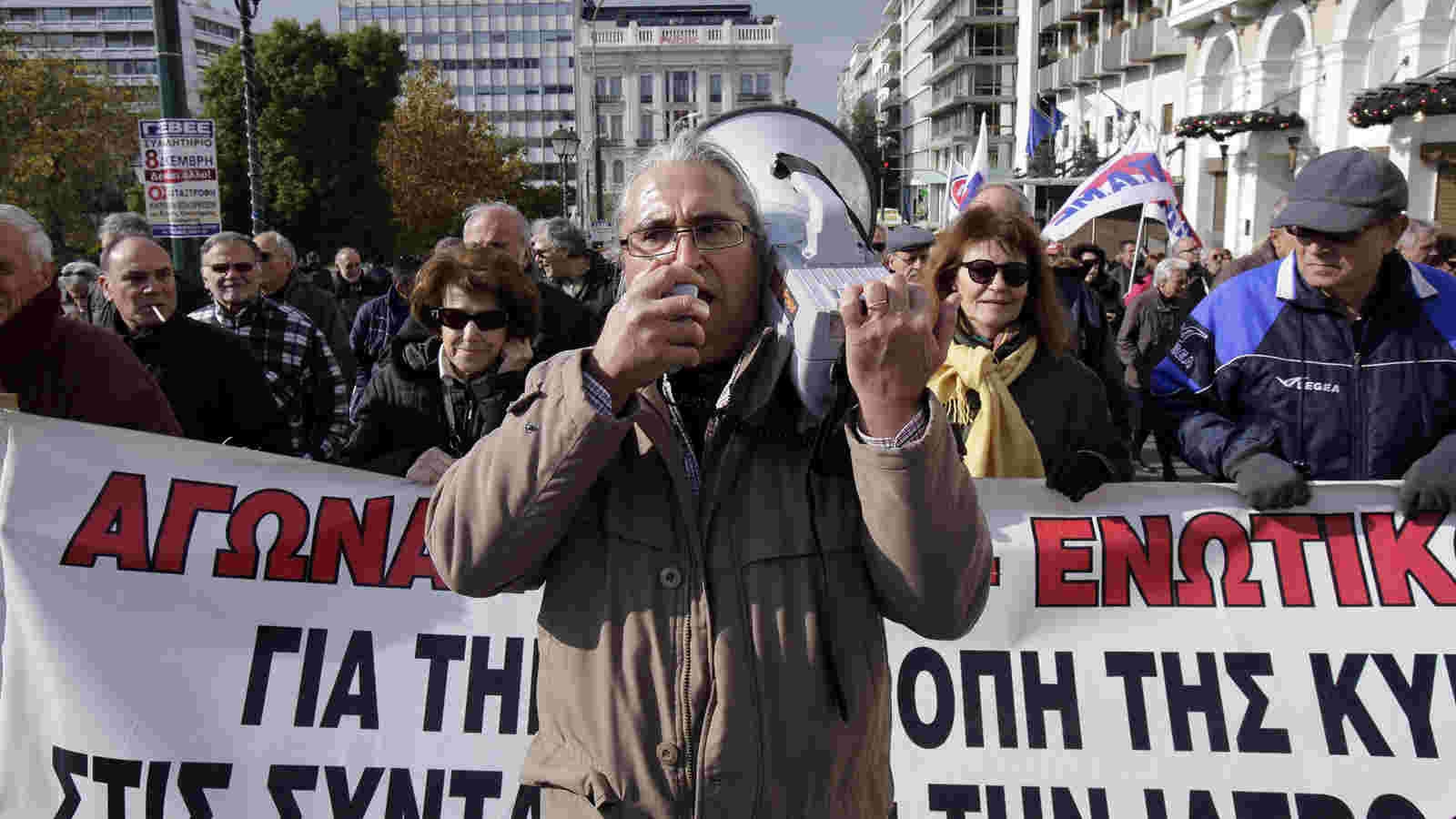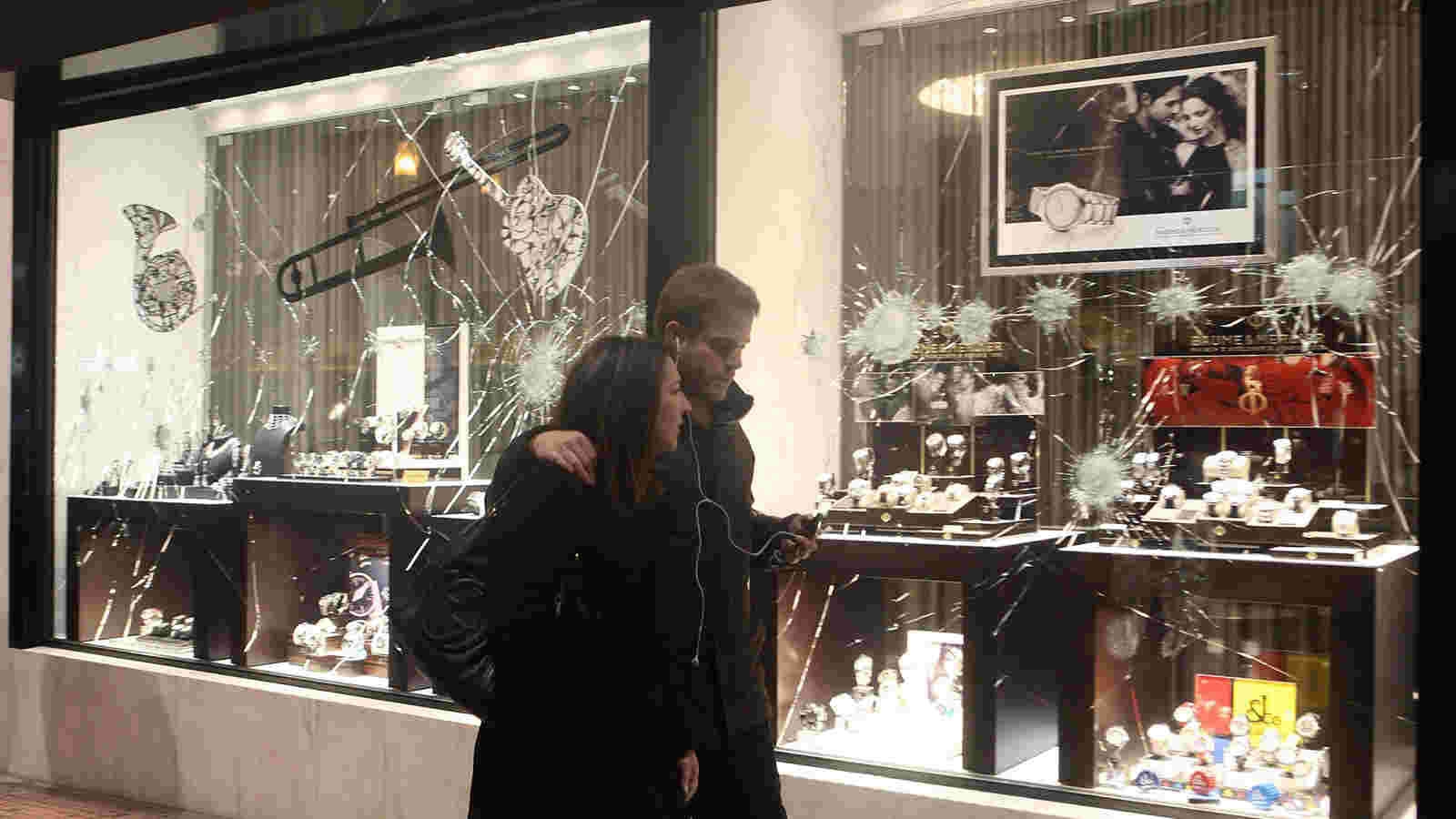Greece's ongoing financial crisis has severely damaged small businesses in the country. The country's Chamber of Commerce and Industry said more than 100 stores have been shut down since 2008, while over one million people have lost their jobs.
High taxes and low wages limit people’s spending that they can hardly make ends meet.
“Greeks don't have money to go shopping. The stores cannot survive when people don't have money to spend,” an Athens resident said.

People protests government’s austerity measures on December 8, 2016 in Athens, Greece. It’s part of a nationwide 24-hour general strike in Greece. /CFP Photo
Today, there are 50 percent less businesses opening each year compared to 2008, with no new industries or manufacturing endeavors and no technology businesses. The new businesses opening are the typical entertainment and food facilities such as coffee shops, restaurants, snack stands.
One out of four Greek businesses fear that they will have to close down in 2017. At the same time, Greece's high unemployment rate is showing no sign of improvement amid a fresh escalation over its bailout conditions.

A shop by the street is damaged during a protest staged by anarchists against new agreement between Greece and the international creditors on February 26, 2015 in Athens, Greece. Constant strikes and riots are adding to the suffering if Greek economy. /CFP Photo
The duration and depth of the recession is such that the World Bank now compares it to the slumps seen in eastern European countries in the early 1990's. The poorest 20 percent of Greece’s 11 million people have suffered a 42 percent drop in disposable income since 2009.
Now, Greece is hoping for a deal during a June 15 Eurozone finance ministers' meeting in Luxembourg. The country’s finance minister insisted on Monday that the country had met all its reform commitments, and said it was now up to international creditors to agree on how to make Greece's debt sustainable and help the nation emerge from its financial crisis.


No comments:
Post a Comment